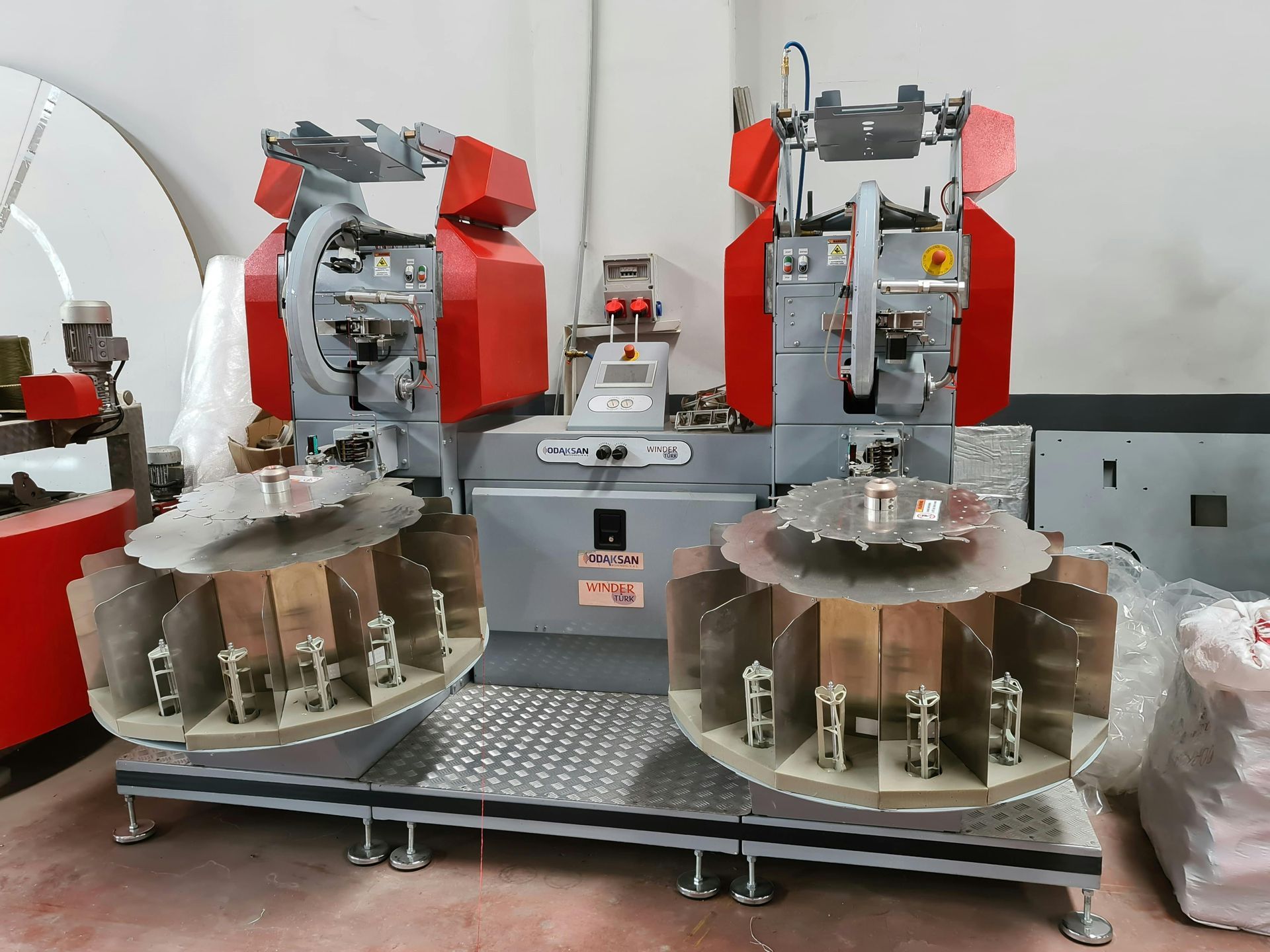Is Your Business Income Personal Service Income?
Clarke McEwan Accountants
Is Your Business Income Personal Service Income?
Personal Service Income (PSI) is income received from your personal efforts or skills through an ABN and can be earned in almost any industry, trade or profession. If you have earned income from contracts and sales for which more than 50% of the income was for your labour, skills or expertise, then all of that income can be considered to be PSI. If 50% or less of the income received for a contract was for your labour, skills or expertise, then none of the income is considered to be PSI.
With recent changes it is fair to say that everything the ATO has previously accepted from a tax perspective in relation to taxing income generated by professional practices was now 'under fire' from the ATO.
Traditionally, the ATO had a rule of thumb that income generated by a professional practice was not regarded as personal services income where there were 'at least as many non-principal practitioners as principal practitioners'. It was then accepted that all income generated by these practices did not have to be included in the assessable income of the principal practitioner. It is important to note that this approach had been accepted by the ATO for decades.
The ATO has undertaken a complete backflip in relation to this issue. In Taxpayer Alert TA 2013/3 and the draft guidelines titled 'Assessing the risk: allocation of profits within professional firms', the ATO has changed the long standing principles highlighted above. In particular, TA 2013/3 and the guidelines make it clear that income generated by a professional practice may effectively be regarded as personal exertion income even though there are as many (or more) non-principal professionals as principal professionals (i.e. owners). As such, the ATO will require some professional practitioners to include greater amounts in their assessable income under these new guidelines.
Always keep in mind that the ATO has 3 audit risk tests for PSI income for professional firms. The guidelines outline 3 tests that must be considered when assessing whether a professional practice will be classified as 'high' or 'low' risk from an audit perspective. If a professional practice satisfies at least one of the 3 tests highlighted below, then it will be classified 'low risk' for audit purposes.
THE 3 TESTS ARE AS FOLLOWS:
1.Satisfying the equivalent remuneration test
Under this test, a professional practitioner must basically ensure that their assessable income from (or in relation to) the professional practice includes an amount that is at least equal to the highest band of professional employees providing equivalent services to the firm. A professional practice is entitled to use comparable firms or relevant benchmarks where the firm has no such employees.
2. Satisfying the 50% remuneration test
Under this test, 50% or more of the income the practitioner and his/her associated entities are collectively entitled to receive from the practice (whether directly or through the associated entitles) is included in the assessable income of the professional practitioner
3. Satisfying the 30% effective tax rate test
Under this test, the effective tax rate of the professional practitioner and their associated entities must be at least 30% in relation to the income received from the practice.
High risk heightens the likelihood of audit
It is made very clear from TA 2013/3 and the guidelines that any professional practitioner who is unable to pass any of these tests will then be assessed as high risk, and there is therefore a "greater likelihood of ATO compliance action being undertaken". In what can be viewed as a seismic shift in attitude by the ATO the changes seem to have occurred with very little support from case law in what can be seen as none other than a direct attack on professional practices by the ATO.
If you have any concerns with how your professional practice income is being attributed for tax purposes then please contact us for a confidential meeting to discuss your circumstances at http://www.clarkemcewan.com.au/contact_us/request_an_appointment or phone our Sunshine Coast Office on 07 54754300 or Brisbane Office on 07 38423128 or email john.clarke@clarkemcewan.com.au







